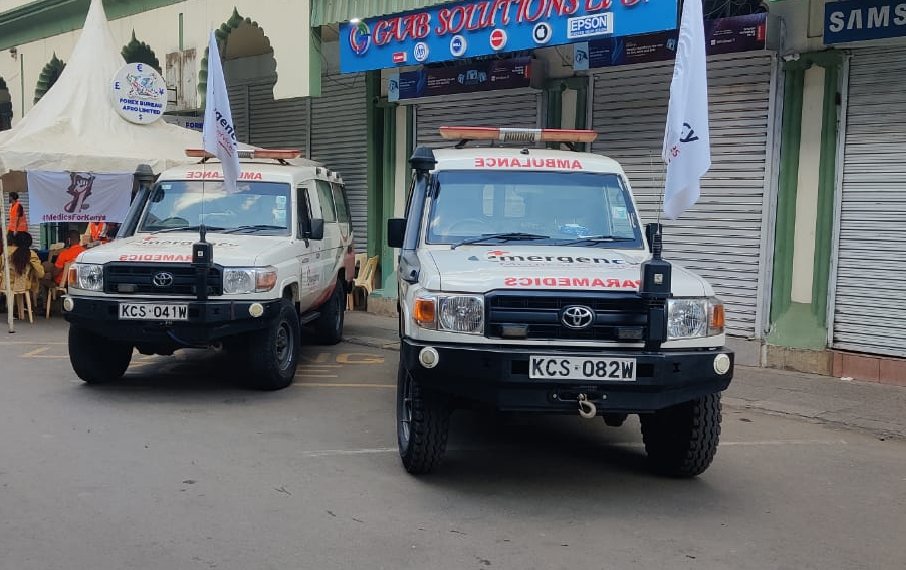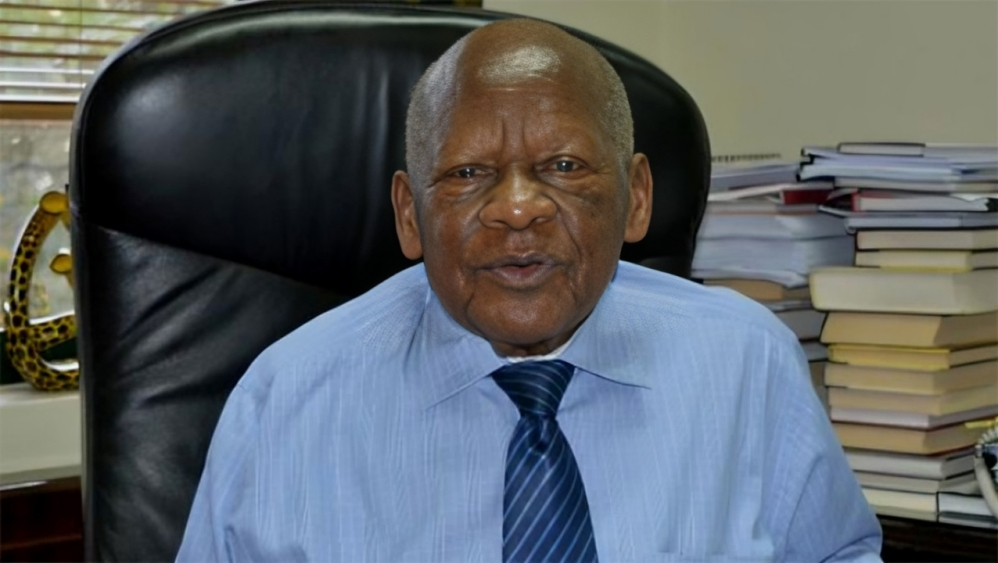KNCHR Demand Abolition of Death Sentence

Kenya National Commission on Human Rights (KNCHR) and local and international partners have put up a spirited fight for the abolition of the death penalty in Kenya.
In a report launched on Tuesday by Kenya national commission on human rights dubbed living with a death sentence in Kenya prisoners’ experience of crime, punishment and death row, their call is guided by the need to protect human rights
The launch of the 2023 report comes hot on heels of the launch of twin reports: the death penalty in Kenya as a punishment that has died out in practice, part 1, and a public that is ready to accept abolition, part 2: overwhelming support for abolition among opinion leaders
this call has been guided by a number of reasons from a human rights perspective that includes among others death penalty is contrary to human rights, death penalty is not a deterrent, revenge is not justice, death is not reversible, death is torture among others.
In 2007, the KNCHR did its first research leading to a position paper no. 2 of 2007 on the abolition of the death penalty in Kenya. Research has indicated the death penalty is not effective in fighting crime and thus its application does not make the soc any safer. Kenya hasn’t carried out an execution since 1987 when Hezekiah Ochuka and Pancras Oteyo Okumu were executed for their role in the failed attempt to overthrow president Daniel Arap Moi in 1982. The law is however yet to be abolished.
Death sentences of 4000 prisoners were commuted in 2009 under president Mwai Kibaki. In 2016, another 2,747 under President Uhuru Kenyatta. But executions could resume as long as the law remains on the books.




